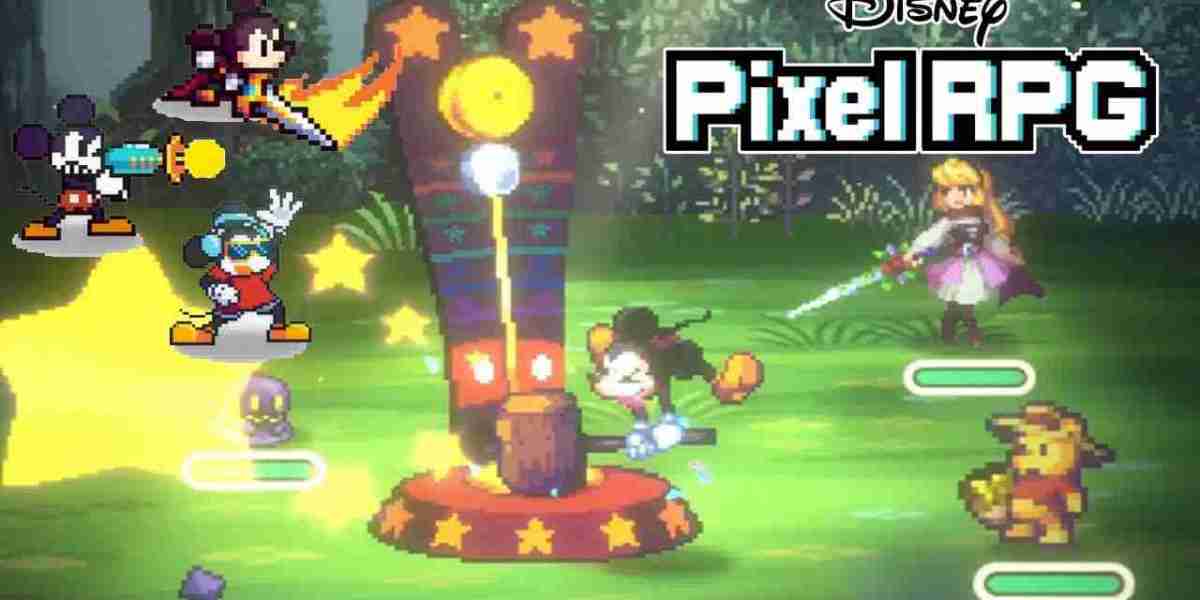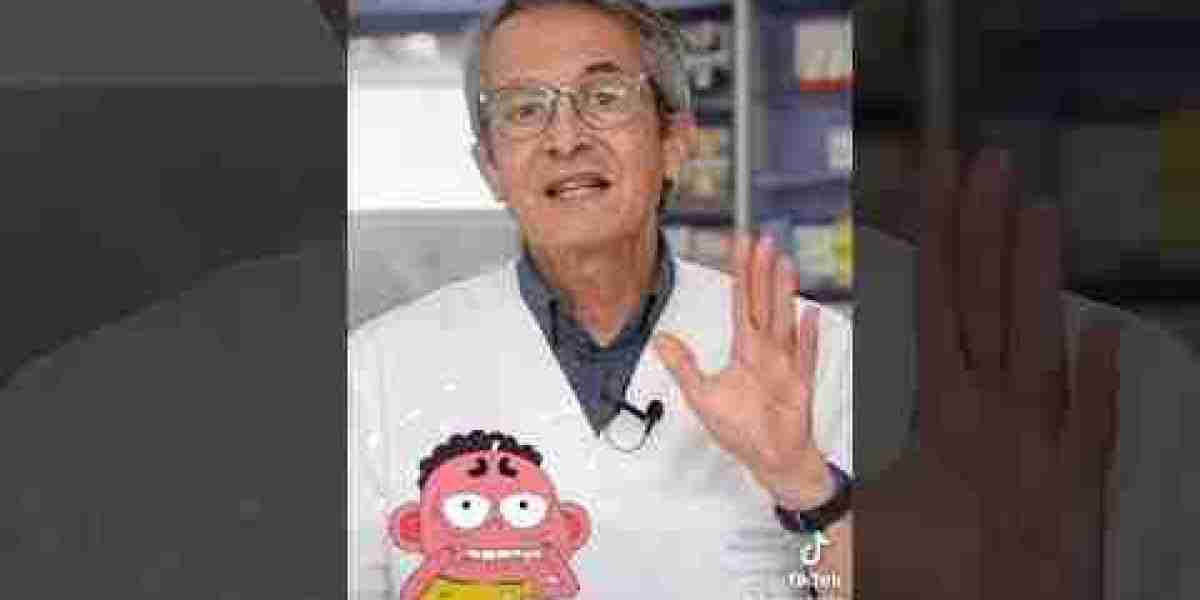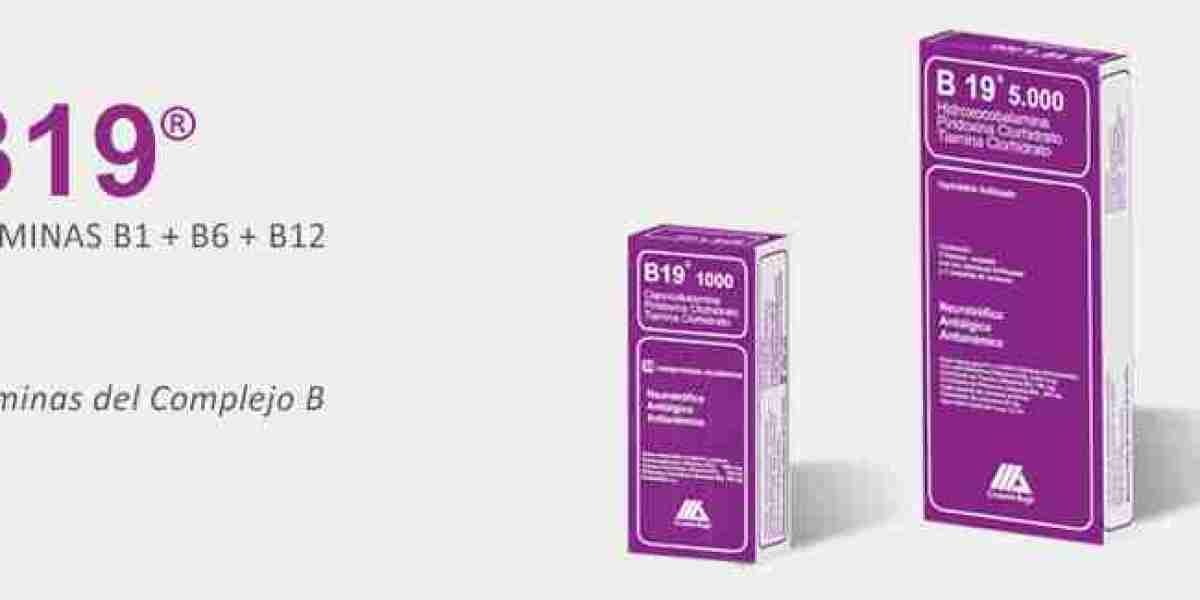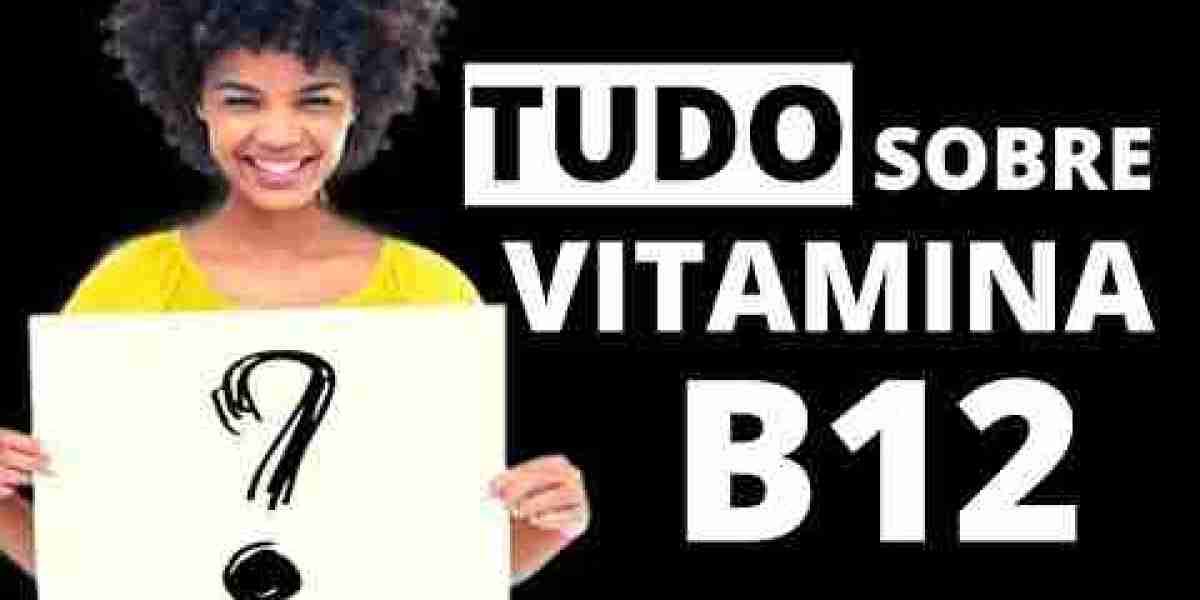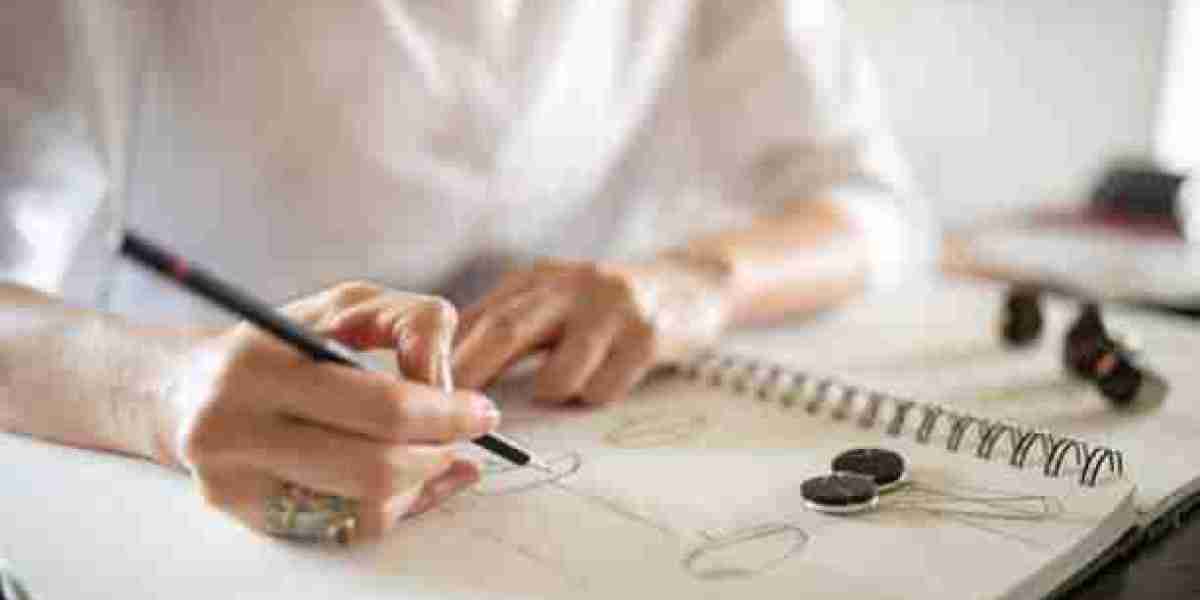Discover postsExplore captivating content and diverse perspectives on our Discover page. Uncover fresh ideas and engage in meaningful conversations
¿La gelatina engorda o ayuda a adelgazar?: calorías y propiedades | #venlafaxina efectos secundarios sexuales
Grenetina: ¿Qué es y cuáles son sus beneficios? | #venlafaxina efectos secundarios sexuales
Propiedades del romero para la piel: simplificar una rutina de belleza sostenible | #venlafaxina efectos secundarios sexuales
¿La gelatina engorda o ayuda a adelgazar?: calorías y propiedades | #venlafaxina efectos secundarios sexuales
Biotina líquida: el secreto para un cabello radiante Cirugía Capilar de Vanguardia | #venlafaxina efectos secundarios sexuales
Té de romero: para qué sirve, 10 beneficios y cómo prepararlo | #venlafaxina efectos secundarios sexuales
Ваше здоровье – наша забота. Медицинский центр в Николаеве! | #ваше здоровье – наша забота. Медицинский центр в Николаеве!
Navigating Last-Minute Deadlines: Best Services for Urgent Assignment Help in Australia | #edu
3D Printing Materials Market Outlook, Forecast, 2024-2035 | #3d Printing Materials Market
